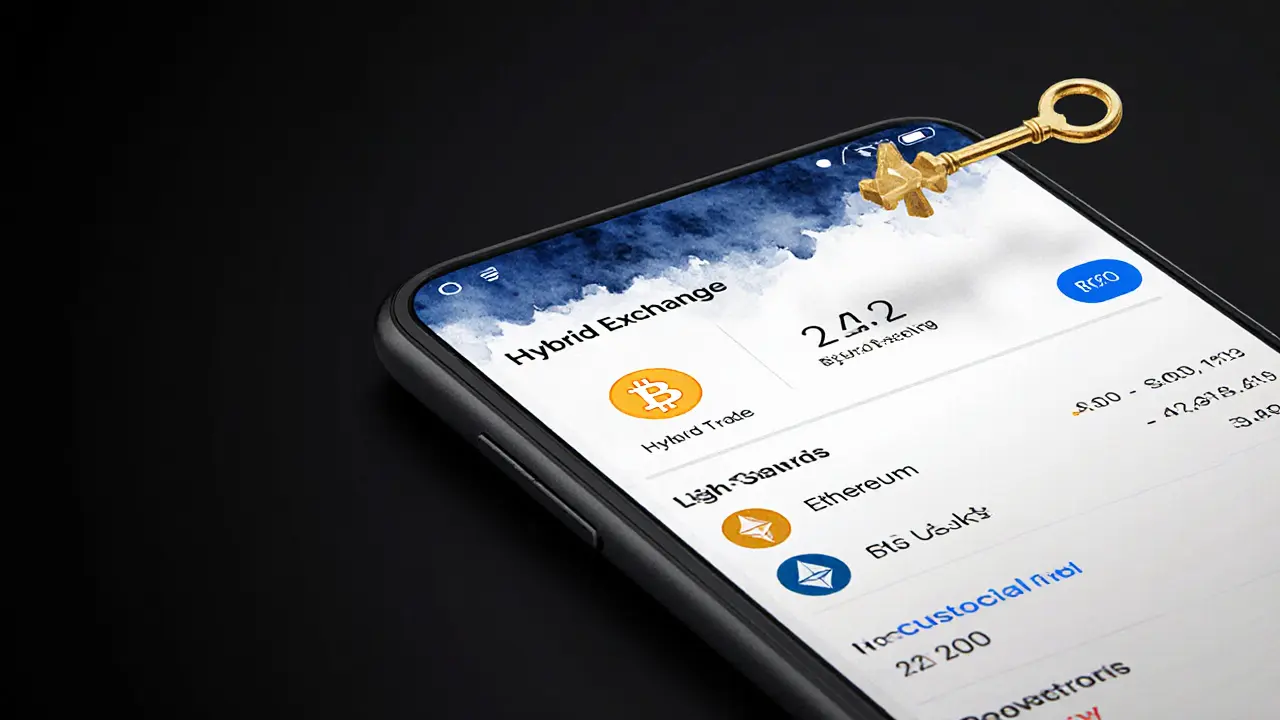Non-Custodial Wallet: What It Is and Why It Matters in Crypto
When you hold crypto, non-custodial wallet, a type of digital wallet where you alone control the private keys to your funds. Also known as self-custody wallet, it means no exchange, no bank, no third party can touch your Bitcoin, Ethereum, or any other token—unless you give them the key. That’s the whole point. If you’re using an exchange like Asproex or WenX Pro and you think your crypto is "in your account," you’re wrong. It’s theirs. A non-custodial wallet flips that. You’re the bank. You hold the keys. You’re responsible. No one else.
This isn’t just about control—it’s about survival. When the SQUID token crashed or BFICGOLD vanished, people who kept their coins on exchanges lost everything. No refunds. No customer service. Just silence. But if you had those tokens in a private key, the secret code that unlocks access to your crypto funds stored in a non-custodial wallet, you still had them—even if the project died. That’s the difference between trusting someone else and trusting yourself. And when you’re dealing with crypto scams, unregulated platforms like Serenity or MaskEX, or even shady airdrops like NFTP or YAE Cryptonovae, that trust matters more than ever.
But here’s the catch: non-custodial wallets don’t come with a help desk. If you lose your seed phrase, your crypto is gone—forever. No password reset. No email recovery. That’s why tools like hardware wallets or secure backup methods aren’t optional—they’re your lifeline. And if you’re using a DeFi platform like WingRiders or Unifi Protocol DAO, you’re already interacting with non-custodial wallets. Every swap, every yield farm, every token claim happens through your own keys. That’s not a feature—it’s the foundation.
Global regulations are catching up too. The Travel Rule, FATF guidelines, and Hong Kong’s 2025 Virtual Assets Ordinance are pushing exchanges to track users—but they can’t track what they don’t control. That’s why non-custodial wallets are becoming the only real shield against overreach. Even banks using blockchain for payments still rely on centralized systems. You? You’re outside that system. And that’s exactly why it’s powerful.
Below, you’ll find real reviews, deep dives, and scam alerts—all tied to the same truth: if you don’t control your keys, you don’t own your crypto. Whether you’re checking out Merchant Moe’s zero-fee swaps, avoiding fake airdrops, or learning how DPRK hackers launder crypto across chains, everything here leads back to one thing: your responsibility. The good news? You’re not alone. The better news? You’re in control.

Eidoo Hybrid Exchange Crypto Exchange Review: Security, Features, and Real-World Use
Eidoo Hybrid Exchange offers a unique blend of secure, non-custodial wallet features with fast, centralized-style trading. Perfect for users who want control over their crypto without sacrificing ease of use.
